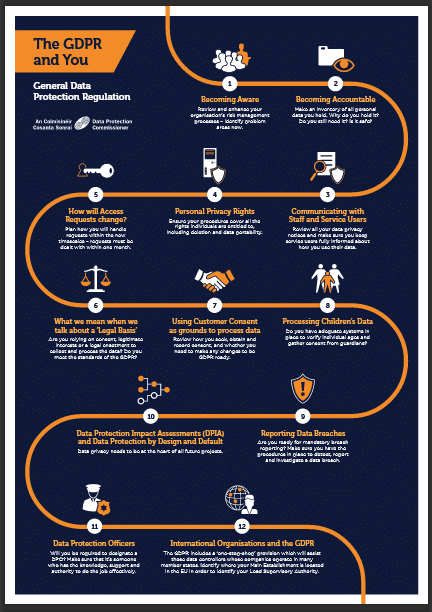For many Organisations, making use of paper based forms, is a common practice and method for collecting data and recording transactions. Whether it be for producing Quotations, Invoices or even getting sign off on completed jobs.
Paper based forms and documents have been the main stay of office communication and productivity for over 200 years. Paper-based forms are used to create anything from Invoices, Receipts, Purchase Orders, Contracts to the humble internal memo!
Paper-based forms radically improved productivity, efficiency and compliance by enabling people to create paper based instructions and enabling others to add additional information as required.
Over the past 3 decades or so, modern business environments have gradually been evolving towards the concept of the Paperless Office, resulting in the humble Paper based document migrating to a Digital Counterpart. The ease of availability of various Word Processing and Spreadsheet software products and cheap and easy data storage capacity have resulted in the Proliferation of thousands if not millions of files and documents being stored somewhere on the Company’s IT infrastructure.
People often create Digital Templates of forms that may be printed off and supplied to staff to complete using Pen and Paper or electronically. The data collation and reporting is often process
Often when conducting Operational Reviews, it is commonly found that the processing and analysing paper based forms is the least productive, efficient and profitable areas of business, although it is often vitally important.
Benefits of using digital forms for data collection
The ability to collect and analyse data effectively is increasingly important to businesses. Companies gather, examine, process and build reports on large volumes of data. Traditionally, they have deployed mail surveys, telephone interviews, door-to-door interviews as methods to collect information. With the ongoing digitisation, these procedures have become old fashioned.The digital transformation is changing many business operations at a high speed and a great deal of processes that were executed manually are now accomplished using digital methods.
Technology has had a major impact on how to approach data research and has provided researchers new tools that have transformed and improved data collection and analysis. The pace of change requires companies to be able to react quickly and adapt themselves to changing demands from customers and market conditions.
Contact Us
- (+353)(0)1-443-3807 – IRL
- (+44)(0)20-7193-9751 – UK
